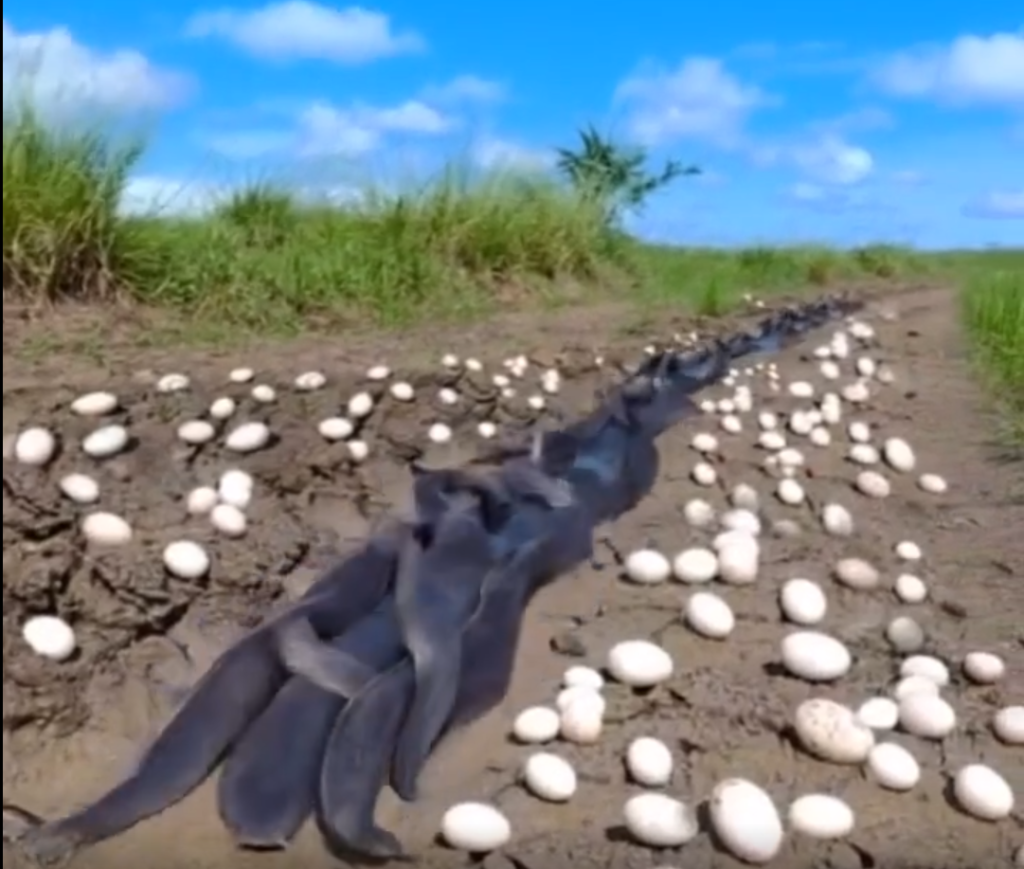In a small rural town in the American Midwest, farmer Henry Wallace made a discovery that would change his life forever. 🌾🚜
While tending to his cornfield early one morning, Henry noticed hundreds of small, pale, oval-shaped objects scattered among the crops. At first, he thought they might be snake eggs 🐍 or some kind of pest infestation — a nightmare for any farmer.
But these eggs were different. Smooth. Perfectly round. Almost glowing in the morning sun. ✨🥚
🧐 The Mystery Deepens
Unsure of what he had found, Henry carefully collected several eggs and placed them in a warm storage shed, while leaving the rest undisturbed in the field. Days passed… and then it happened.
One by one, the shells began to crack open. Tiny chirps filled the air. But instead of snakes or insects, dozens of baby birds emerged — rare, brightly colored golden pheasants, a species not native to the area and thought to be almost impossible to find in the wild. 🐤💛
😭 An Emotional Moment
When Henry realized what he was looking at, he fell to his knees, tears streaming down his face. These birds were a symbol of good luck and prosperity in many cultures — and their population had been declining worldwide.
“I couldn’t believe it… it felt like a miracle,” Henry told local reporters, still emotional. ❤️
🌍 A New Mission
Instead of selling the chicks, Henry built a protected sanctuary on his farm to ensure the birds could grow safely and eventually be released into the wild. His selfless act has inspired countless others, and wildlife conservationists have called it “a once-in-a-lifetime find”. 🕊️🌿
💬 From fear to joy, one farmer’s strange discovery turned into a story of hope — proving that sometimes, miracles really do hatch where you least expect them. ✨


